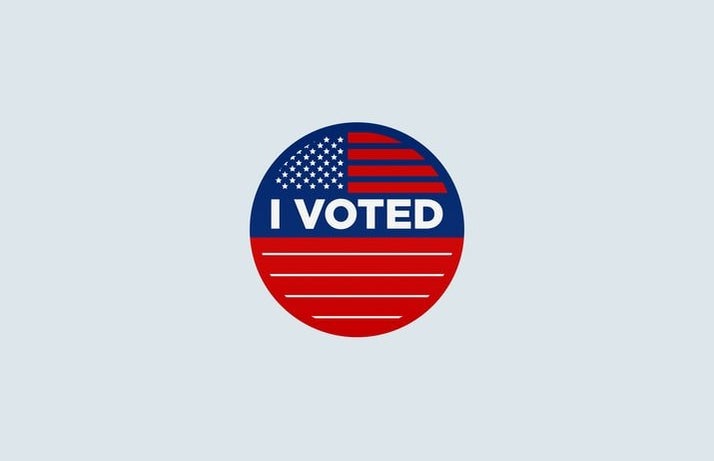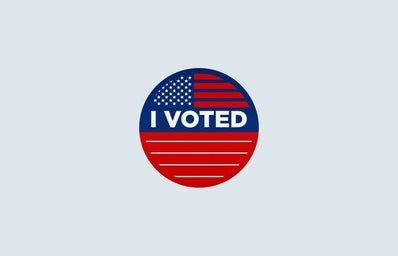A crucial election week is upon us — a time of significant political change that may bring with it discomfort, uncertainty, and stress. After the results are announced, you may feel a mix of these emotions while also needing to manage your daily responsibilities, whether in school, work, or your personal life.
To help you balance these areas while acknowledging your feelings during this intense week, here’s a self-care guide.
Before: Preceding Election Day
Election day takes place on November 5th, when voters can visit their local polling station and cast their ballot. But some voters, including you, may have cast an absentee or early ballot. This is a time when many public, political discussions arise. Voters may discuss who they cast their ballot for, who others should or should have voted for, and the stakes involved. These discussions may evoke feelings of discomfort and, if pursued further, debates.
While debates can be a constructive space for open-minded discussion, it is important to remove yourself from the conversation if a speaker becomes hostile, aggressive, and/or confrontational. A simple, polite request to exit the conversation is usually sufficient. And if you find yourself particularly unnerved or offended after engaging in a political debate, consider reaching out for support. Many college campuses offer free counseling services, and some have even extended their hours for election-related conversations.
During: Election Day
On the day of the election, emotions run high. Although the public is unlikely to hear the complete results on this day, TV broadcasts publicize the live race, and public political conversations reach their height. This may be a time when you feel excitement, anxiety, and/or stress.
A good measure is to spend this day with other people — perhaps a roommate, members of a club or sorority you’re involved with, or classmates — to follow news releases and acknowledge mutual feelings. Amongst yourselves, real-time discussions about your attitudes towards the election can create a bond as you wait for the results to be released, giving you a community to lean on during this emotional time. If you disagree with a peer, simply decide whether to pursue a conversation or remove yourself from the dialogue.
After: When Results are Released
Typically, results are suggested the day after election day and finalized by the end of the week. Reconnect with the people you’ve been following the election with and check in with the word of your favorite journalists, public figures, and politicians. Regardless of the outcome, they will have words of interest to share.
It can be difficult to see a result that you did not expect. If this is the case, after reconnecting with your support system, it may be a good time to distance yourself from politics and focus on the hobbies and recreational activities that make you happy. Give yourself some time and space to deliberate the outcome and your feelings towards it — spending time in nature and meditating are two good practices to recognize your feelings and get a greater sense of what you can control.
After this election, we will be okay — the outcome may shock, excite, or discomfort us, but at the end of the day, our support system and practices of self-care will be there as a cushion.


